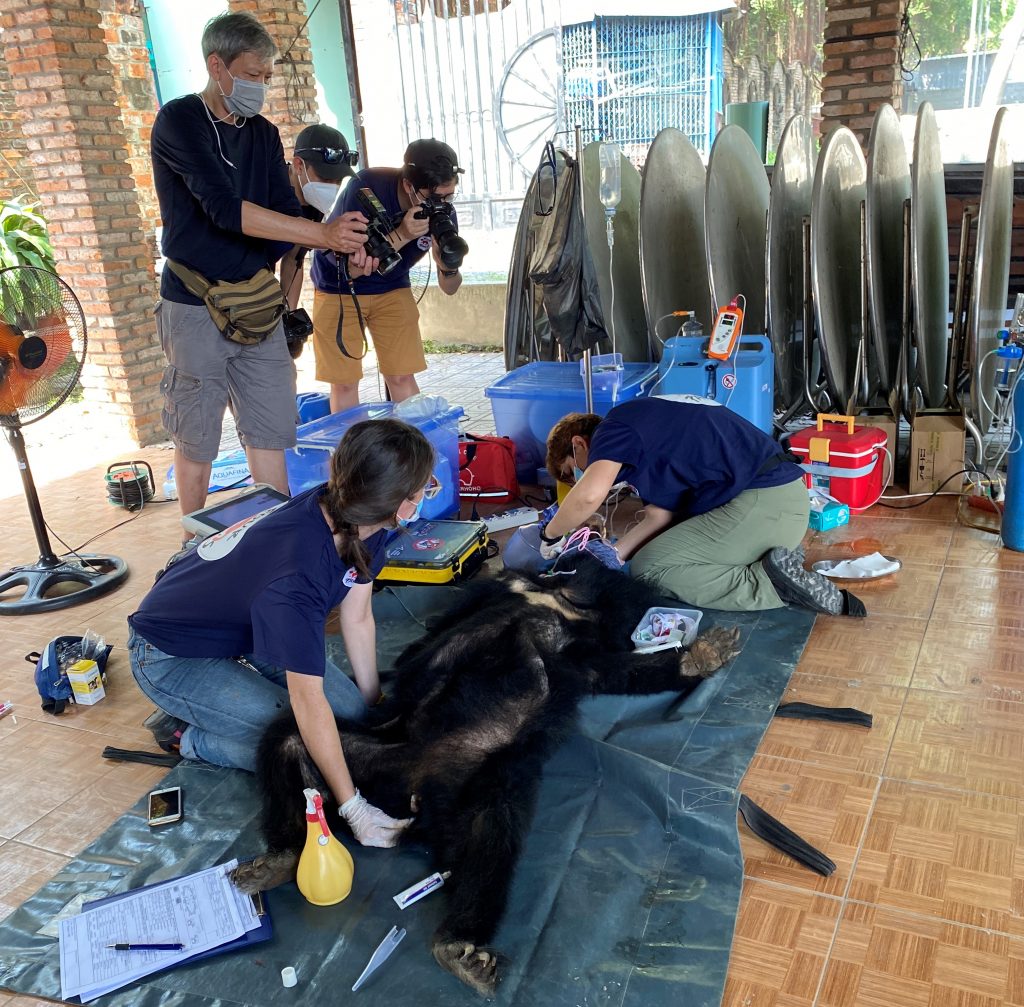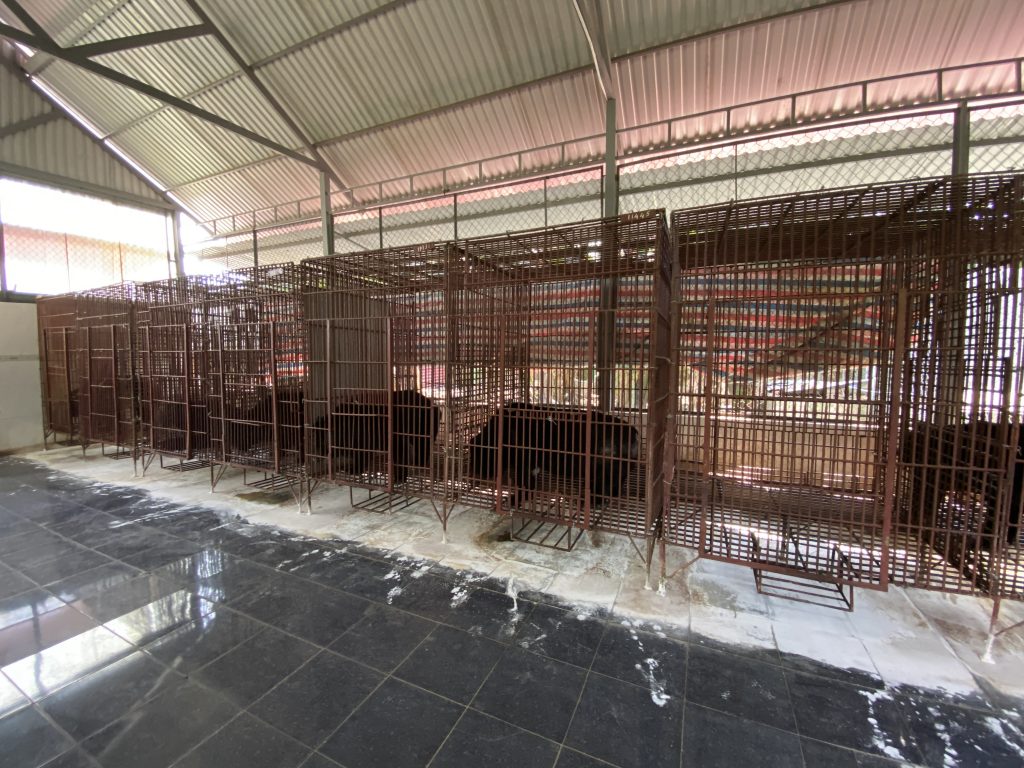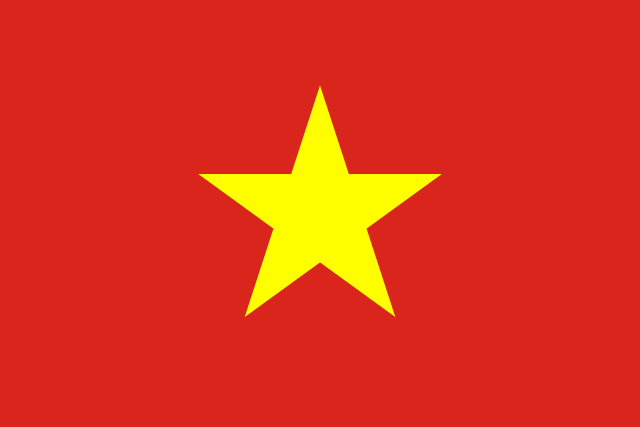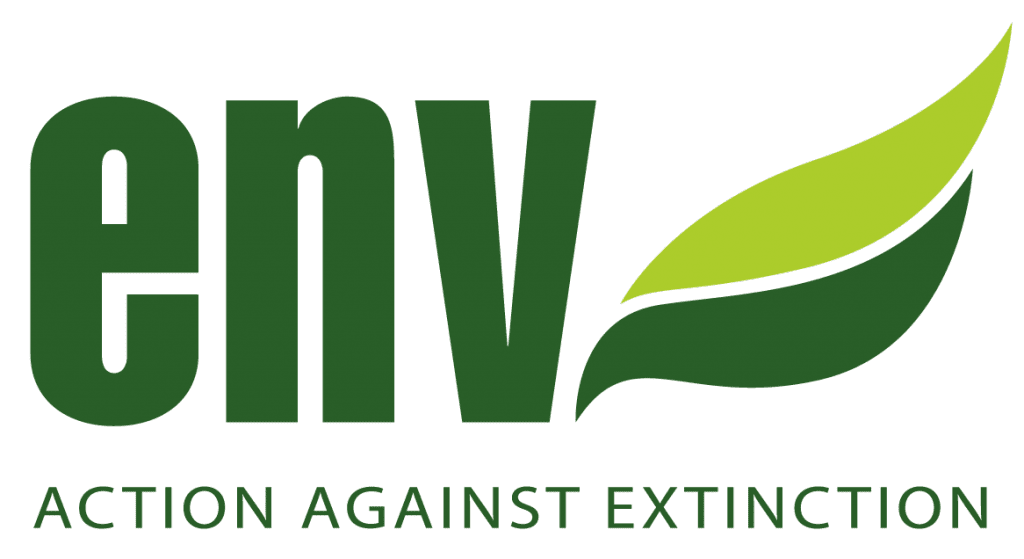Major transfer of 9 bears in Binh Duong and an instruction from Hanoi People’s Committee to combat wildlife crimes and bear farming in Hanoi
Today, nine bears were transferred from the farms and facilities of three bear owners in Binh Duong province, Vietnam. This event marks the culmination of years of collaboration by ENV, the authorities, bear owners, and other NGOs, including World Animal Protection and Four Paws, who are joint members of our Vietnam Bear Coalition. All nine bears are due to arrive at Four Paws Ninh Binh Bear Sanctuary on the 13th of February, and this demarcates a point of departure for Binh Duong from a previous bear bile-farming hotspot to an advocate for bears.

The three simultaneous bear transfers were a long time coming, with the requests to transfer coming in from April to November of 2021, but with delays occurring due to the prevalence of Covid-19 in the province. There were three bears transferred from a private zoo, four from a communal farm, and two from another farm.
At the communal farm, one ex-bear farmer has been instrumental in convincing other owners to also transfer their bears. He states, “I loved my bears, and I took care of my bears well. But after learning about the bear sanctuaries in Vietnam, I realized that my bears deserve to have a better life. So, I transferred [them] and I have tried to encourage others to do so too.” ENV commends his compassion, which is essential to ending this outdated industry.
Founder and Executive Director of ENV, Quyen Vu, comments, “This transfer marks another step in Binh Duong’s journey from one of Vietnam’s biggest bear bile-farming hotspots, to one of the provinces showing exceptional dedication in the fight to end bear farming. Binh Duong stands as a shining example of how cooperation and commitment from local authorities, NGOs, and bear owners themselves can lead to scores of bears getting the better life they deserve at a rescue center – something we at ENV sincerely hope Hanoi, Vietnam’s capital and biggest bear bile-farming hotspot, could learn from.”

Bear farming is coming to its end in provinces all around Vietnam. Meanwhile, more than half of Vietnam’s remaining 308 bears are kept on farms in Hanoi, granting the city the potential to make the most significant impact through decisive actions to end this industry. In a recent positive swing, the Hanoi People’s Committee issued an instruction regarding wildlife management, which mentions the need for stronger inspections of bear farms. It also specifically mentions Phuc Tho district, where 92.4% of Hanoi’s remaining bears are kept on farms, and through which, if instructions are taken seriously, Hanoi could be named the next bear farm-free province.
This instruction from Hanoi People’s Committee comes at a crucial time, urging all districts and towns in Hanoi to strictly follow all wildlife management regulations and ensure that the public is informed and deterred from poaching, advertising, and trading protected species. It is vital that the district authorities step up and follow these instructions for bear farming in the city, and for Phuc Tho in particular to make every effort to stop bear farming.
These two bear developments occurring in tandem show the results of concerted efforts by NGOs, the authorities, and bear owners in bringing this industry to its end. Binh Duong emerges as an exemplary province, which could help guide Hanoi in dismantling its concentrated network of bear owners, turning the capital city from a bear bile stronghold, into fellow bear advocate.
If you want to take action in the fight to end bear farming, donate today: https://bit.ly/Protect-Endangered-Wildlife

